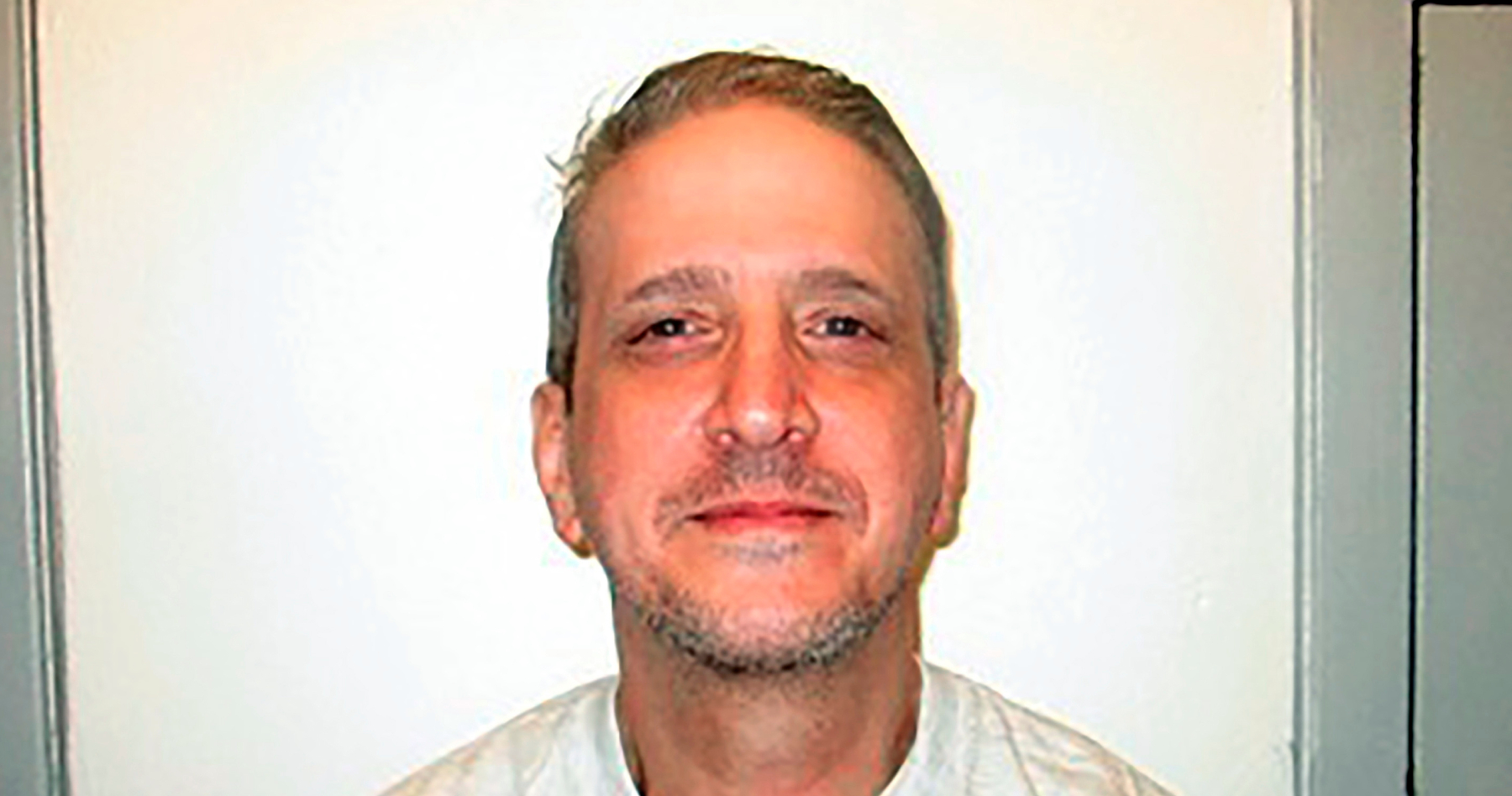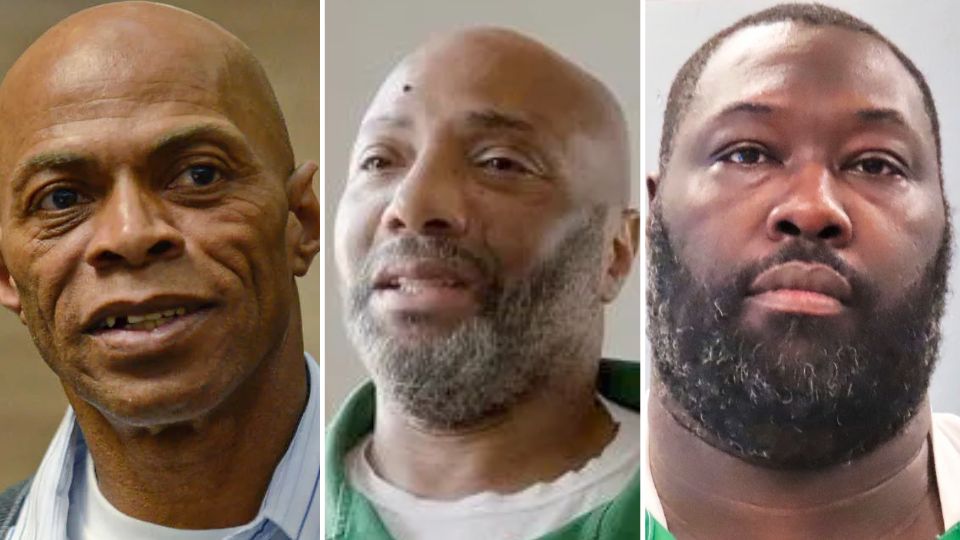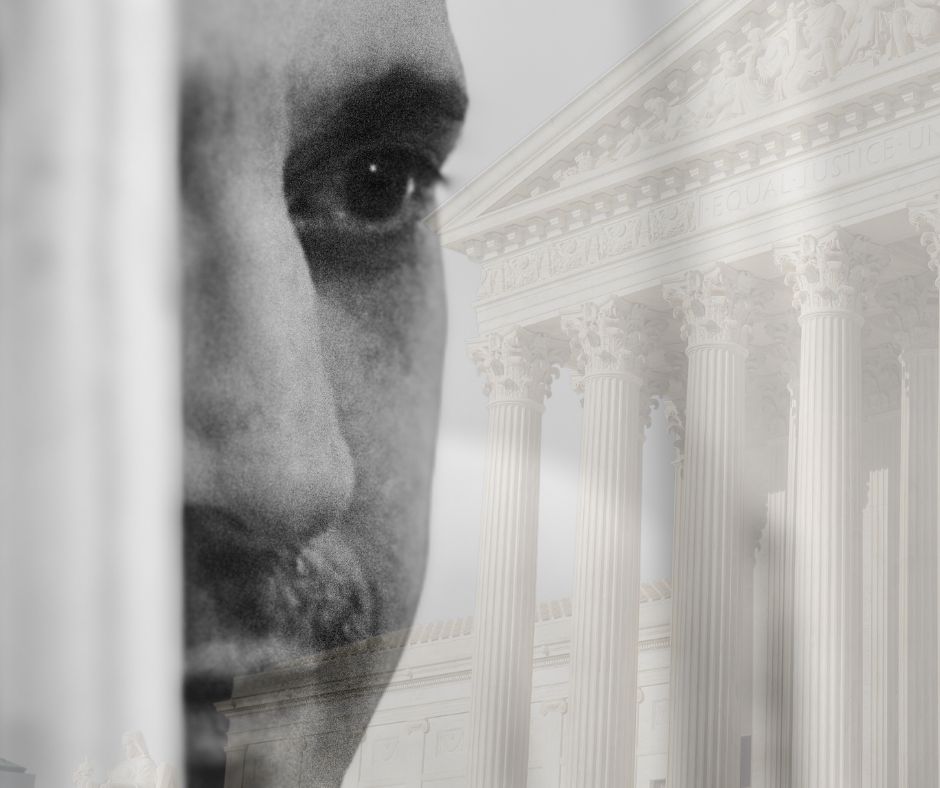Lessons from Richard Glossip’s Case
Justice delayed is justice denied—but for far too many on death row, justice never comes at all.
This week, the U.S. Supreme Court granted a new trial to Richard Glossip, an Oklahoma death row inmate whose conviction was riddled with prosecutorial misconduct, withheld evidence, and unreliable testimony. The case was so flawed that even Oklahoma’s attorney general, a Republican, argued that Glossip’s conviction should be overturned.

The Supreme Court’s decision is a victory for due process and the rule of law. But it also raises a sobering question: How many others have been executed without ever getting this chance?
America’s Shame: When the System Gets It Wrong
The flaws in the death penalty system aren’t unique to Oklahoma. In South Carolina, for example, execution after execution stands as haunting reminders of the tragedy and miscarriage of justice that awaits when justice is rushed, evidence is ignored, and human lives become political tools rather than legal cases.

Take the case of Edward Lee Elmore, a Black man with intellectual disabilities who was sentenced to death in 1982 for the murder of an elderly woman. His conviction relied on fabricated forensic evidence, a rushed police investigation, and a jury misled by prosecutors. It took thirty years to expose the truth and secure his release.
Or consider Richard Moore, executed in 2024 despite serious concerns about the fairness of his trial and the excessive nature of his sentence. Moore, convicted of killing a store clerk after entering the store unarmed and having an argument over the amount due, was sentenced to death while others in nearly identical cases received life sentences. The arbitrary nature of his punishment underscores the deep inconsistencies in how the death penalty is applied.
And then there is Marion Bowman, whose execution, the first in America in 2025, remains one of the most egregious examples of racial injustice in South Carolina’s death penalty history. Convicted of the 1991 murder of a white woman, Bowman—like so many Black men in the South—was sentenced to death despite serious doubts about his guilt. Witnesses recanted, every bit of physical evidence contradicted the prosecution’s theory, and signs of blatant racial bias were undeniable. Yet none of that was enough to stop the state from killing him. None was enough to persuade South Carolina’s governor to grant a reprieve from irreversibility of revenge killing. Even as he faced execution, Bowman maintained his innocence. His final words were a chilling reminder of how broken our system is: “I did not do this.”
Neither Elmore, Moore, nor Bowman had an attorney general willing to intervene on their behalf. Neither had the political or celebrity backing that has helped bring attention to Glossip’s case. And yet they were just as deserving of a fair trial, a careful review of the evidence, and the fundamental protections our legal system is supposed to guarantee.
A Broken System Can’t Deliver Justice
Richard Glossip’s near-execution is not an anomaly—it is a symptom of a death penalty system that is broken beyond repair.
For decades, studies have shown that the death penalty is disproportionately applied to the poor, people of color, and those without strong legal representation. We know that prosecutorial misconduct is disturbingly common in capital cases. We know that at least 196 people have been exonerated from death row since 1973, and countless others may have been executed despite serious doubts about their guilt.
If our justice system can fail this spectacularly in cases where the evidence is flimsy or outright fabricated, how can we trust it to wield the ultimate punishment?
First Rights Global’s Stand Against the Death Penalty
At First Rights Global, we stand for the dignity of every human life—from the child in the womb to the prisoner on death row. We reject the false idea that justice is served by taking a life in retribution. True justice is rooted in fairness, in due process, and in the protection of all of us, especially in our times of greatest vulnerability.
The Supreme Court’s ruling in Glossip’s case is a step in the right direction, but it is not enough. It should not take decades, multiple failed execution attempts, and political pressure for a person to get a fair trial. And it should not take a tragic mistake—an execution that cannot be undone—for us to recognize that the death penalty has no place in a just society.
The question is not whether the state will get it wrong again—but how many more lives it will destroy before we decide to end this failed system once and for all.


Comments are closed